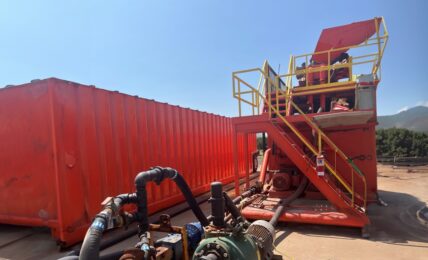The U.S. General Services Administration (GSA) announced today a $2 billion investment, directed to government building construction projects using low-embodied carbon (LEC) materials, including LEC asphalt, concrete, glass and steel.
According to the GSA, the investment aims to catalyze the market for American-made low carbon and expand U.S. capacity for manufacturing next-generation goods and materials, in addition to helping to tackle the climate crisis and create jobs.
The announcement follows the launch last year by the administration of the federal Buy Clean Initiative, under which the government is directed to prioritize the use of U.S.-made lower-carbon construction materials in Federal procurement and Federally-funded projects, and an executive order signed by Biden in December 2021 outlining a series of goals and initiatives for the U.S. federal government to achieve net zero emissions by 2050, including mandating actions across the government’s buildings, vehicle fleets, procurement activities and operations.
According to the GSA, the investment will help fund more than 150 federal government building projects, projects across over 39 states and regions, that will prioritize the procurement of LEC materials. The identified investments include $767 million for concrete, $464 million for glass, $388 million for steel, and $384 million for asphalt.
Asphalt, concrete, glass and steel account for nearly half of all U.S. manufacturing greenhouse gas emissions, and represent 98% of the construction materials purchased and funded by the government for its infrastructure investments.
The investment will be funded by the Inflation Reduction Act, which allocates $3.4 billion for GSA to invest in federal buildings to help reduce carbon emissions and catalyze innovation.
GSA Administrator Robin Carnahan said:
“Today’s announcement shows how the Biden-Harris Administration is delivering on our commitment to use the federal government’s buying power to strengthen American leadership in clean manufacturing and jobs. By incorporating clean construction materials in more than 150 projects across the country, we’re helping create good-paying jobs in the clean manufacturing industries of the future and sending a clear signal that the homegrown market for these sustainable products is here to stay.”



